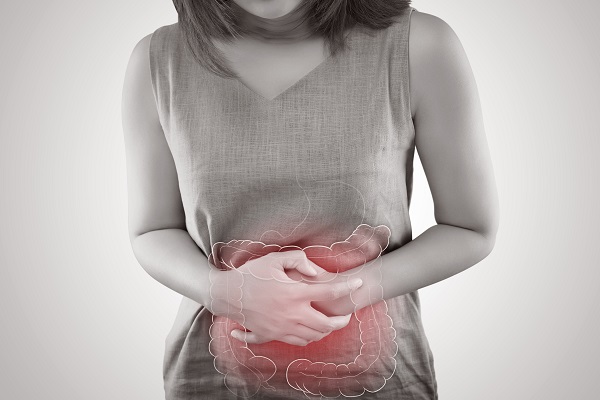Important Colon Cancer Information

Colon cancer is a type of cancer that usually affects older adults, but it can affect anyone at any age. It begins in the large intestine, or colon, the last portion of the digestive tract. This type of cancer is usually lumped together with rectal cancer and is called colorectal cancer.
What types of colorectal cancer are there?
There are several different types of colorectal cancer, most of which are adenocarcinomas. These types of cancer originate in the walls inside the colon and rectum that make mucus to lubricate them.
Other types of cancers that can originate in the colon or rectum include:
- Gastrointestinal stromal tumors (GISTs): These tumors begin in the interstitial cells of Cajal within the colon wall. Some of these can be benign or noncancerous.
- Carcinoid tumors: This type of tumor starts in hormone-making cells of the intestine.
- Sarcomas: These begin in muscle layers, blood vessels, or other types of connective tissues in the wall of the rectum or colon.
- Lymphomas: This type of cancer usually starts in the lymph nodes but can begin in the rectum or colon. It is a cancer of the immune system cells.
What are the symptoms of colorectal cancer?
Several symptoms may indicate the presence of cancer in the colon, although many people in the early stages of cancer do not experience any symptoms. Symptoms may include:
- Blood in stool or rectal bleeding
- Cramps, gas, or pain in the abdominal area
- Weakness or fatigue
- Unexplained weight loss
- Change in bowel habits, such as a change in consistency of stool
- Feeling that the bowel does not empty entirely
Risk factors of colorectal cancer
Although doctors are not entirely sure what causes most colon cancers, several factors are associated with a higher risk of developing this type of cancer. These risk factors include:
- Older adults: Cancer of the colon can occur at any age, but many diagnosed people are over 50.
- History of colorectal cancer or polyps: If you have previously had colon polyps or cancer, even if they were noncancerous, you are at a higher risk of developing cancer in your colon in the future.
- Inherited syndromes: A small percentage of cancer in the colon has been linked to gene mutations passed through generations. Familial adenomatous polyposis (FAP) and Lynch syndrome are both commonly associated with colon cancer.
- High-fat, low-fiber diet: Colorectal cancers might be associated with diets low in fiber and high in calories and fat. The research done on this has had mixed results.
- Family history: If you have an immediate family member or other blood relative diagnosed with cancer in the colon, you are much more likely to develop a type of colorectal cancer.
Other common risk factors include sedentary lifestyles, diabetes, smoking, alcohol, and patients who have previously been treated with radiation therapy for previous cancers.
Prevention
Several drugs have been found to mitigate the risk of colorectal cancer or precancerous polyps. Other things to help reduce the risk include a healthy and well-balanced diet, eliminating smoking and drinking if possible, exercising regularly, and maintaining a healthy weight.
Get more information here: https://lindenbergcancer.com or call Lindenberg Cancer & Hematology Center at (856) 475-0876
Check out what others are saying about our services on Yelp: Colon Cancer in Marlton, NJ.
Recent Posts
A surgical oncologist helps diagnose and treat cancer using advanced procedures and often works closely with medical and radiation teams to coordinate care. Many patients hear the term after an abnormal scan, biopsy, or referral, and want a clear explanation of what this specialist does. Understanding how this specialty fits into cancer care can make…
Getting diagnosed with ovarian cancer is overwhelming to say the least, and many patients leave the doctor’s office thinking of questions they wish they had asked. Fortunately, you can bring these questions to your next appointment with the oncologist. Patients are encouraged to ask any questions they have to better understand their diagnosis, explore treatment…
Leukemia treatment aggressively targets cancer cells, but healthy cells can also be affected, leading to side effects. An oncology team can prevent problems early and ease symptoms fast. Clear expectations and communication help patients stay safer and more comfortable during care. Many side effects remain manageable when patients report their symptoms early, and supportive care…
Hematologic disease treatment often begins long before a formal diagnosis, because the earliest warning signs appear in everyday life. Fatigue, easy bruising, or frequent infections may not seem serious at first, yet they sometimes indicate that the blood, bone marrow, or lymphatic system needs attention. Understanding which symptoms matter, how long they last, and when…


